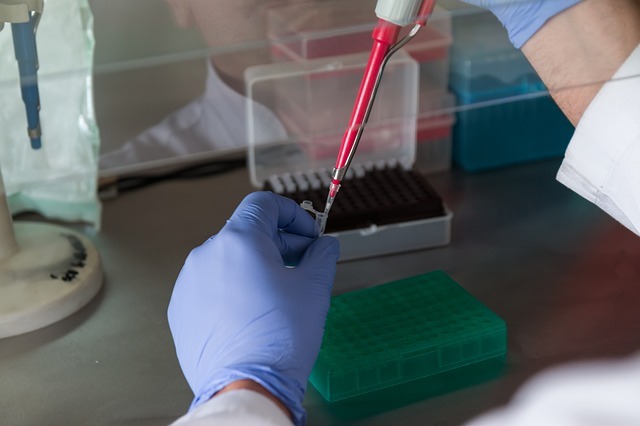
The partnership will develop a CDx using Caris’ new whole transcriptome sequencing (WTS) assay for mRNA analysis known as MI Transcriptome.
In early May, the WTS assay secured breakthrough device designation from the US Food and Drug Administration (FDA) and is developed to detect FGFR1, FGFR2 and FGFR3 fusion events.
Caris Life Sciences chief medical officer Dr Michael Korn said: “This agreement supports our vision for optimizing the detection of rare fusion events using RNA, and building value on our multi-platform tumor profiling approach.
“We continue to develop novel technologies to provide the most comprehensive molecular profiling possible.”
Under the deal, MI Transcriptome will be used to determine eligible patients for Debiopharm’s FUZE Phase II pivotal trial of Debio 1347, a selective FGFR inhibitor that Debiopharm is assessing to treat patients with non-central nervous system solid tumors that have a specific FGFR gene fusion. Earlier this year, Debio 1347 secured fast track designation from FDA.
Caris will use its MI Trials service to enhance the identification of patients eligible to enroll in the Fuze trial, analyzing thousands of patients profiled by the company.
The Fuze study is an open-label, blinded, multicenter and pan-cancer international phase II Basket trial, which plans to recruit 125 patients across over 20 countries
MI Transcriptome RNA profiling holds capacity to detect any fusion event independent of breakpoint locations and fusion partners


